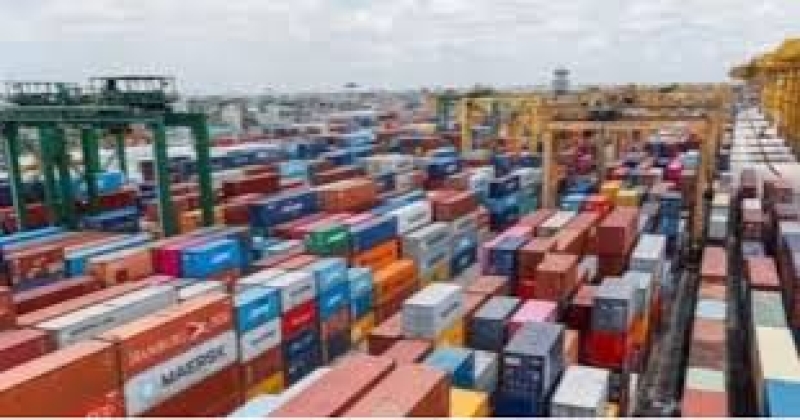- Israel Strikes Tehran with US Support Amid Nuclear Tensions |
- India Sees 9% Drop in Foreign Tourists as Bangladesh Visits Plunge |
- Dhaka Urges Restraint in Pakistan-Afghan War |
- Guterres Urges Action on Safe Migration Pact |
- OpenAI Raises $110B in Amazon-Led Funding |
How is economy coping with 10-day Eid holiday?

With government offices, banks, ports, factories, private institutions and retail outlets all shut for the 10-day Eid-ul-Azha holiday, economists and business leaders say the country has entered a state of economic stagnation.
A visit to several bustling wholesale and retail markets in the capital — typically alive with traders and buyers — reveals that normal trade and daily business activities are yet to resume.
Kawran Bazar, one of the largest wholesale hubs in Dhaka, remains stagnant even days after the holiday.
Traders report that supplies have only just started to arrive, but operations are far from normal.
“Supplies, from vegetables to other items, are only now beginning to come in. The city still has fewer people, and many warehouse workers are still on leave, so business is virtually at a standstill,” said Monota Gazi, a wholesale vegetable trader at Kawran Bazar.
The same scenario is visible across major trading centres in Old Dhaka, Badda, Jatrabari and Sadarghat.
Transportation of goods is moving slowly, affecting supply chains and overall market management.
“Mangoes, fish, vegetables – all types of goods are being transported sluggishly. It doesn’t seem like things will return to full pace before Sunday,” said Mokbul Hossain, a wholesale trader in Sadarghat.
The situation is similar in foreign trade. Land ports at Banglabandha, Bhomra and Benapole are closed for 10 days, bringing cross-border trade to a halt.
Though the Chattogram port remains open, cargo handling has significantly slowed down.
Port authorities report that most workers are on holiday, causing delays in unloading shipments even though pressure is lower due to factory closures.
Industry owners and business associations argue that such extended Eid holidays are detrimental to the economy.
Following a nine-day closure for Eid-ul-Fitr earlier in the year, they now see Eid-ul-Azha’s extended holiday as another disruption to production.
“Our economy is already under pressure. We had nine days off during Eid-ul-Fitr, and now 10 days for Eid-ul-Azha.
Every sector of the economy is closed. This is nothing but madness. Instead of shutting everything down for 10 days, one day off with normal operations resuming the next day would have made more sense,” said Taskeen Ahmed, President of the Dhaka Chamber of Commerce and Industry (DCCI).
He added, “It’s not as though people return from a 10-day holiday and jump into work full of energy. It will take another week to shake off the festive mood. If businesses operate only 20 days in a month, the owners will suffer and so will the workers.”
Commenting on the holiday length, Towfiqul Islam Khan, Senior Research Fellow at the Centre for Policy Dialogue (CPD), said, “A 10-day holiday is a big decision, and it doesn’t seem like the government consulted stakeholders beforehand. Without consultation, such decisions will have adverse impacts. Naturally, there is no way to avoid the partial economic fallout of such a long closure.”
He suggested that factories should at least follow the labour laws while deciding on closures.
Highlighting the issue from a global business perspective, Mohammad Helal Uddin, Executive Vice Chairman of the Microcredit Regulatory Authority, said, “Even during a long holiday, it was vital to keep some economic wings operational. For example, all banks are closed now. If banks or specific departments involved in import-export are shut for 10 days, trade will suffer. Select specialised banks could have remained open.”
He pointed out that although people enjoyed travelling during the long holiday, there was no clear roadmap for keeping essential economic activities running with limited manpower, reports UNB.
He urged authorities to adopt a planned approach to holiday management in future to avoid unnecessary economic losses.

